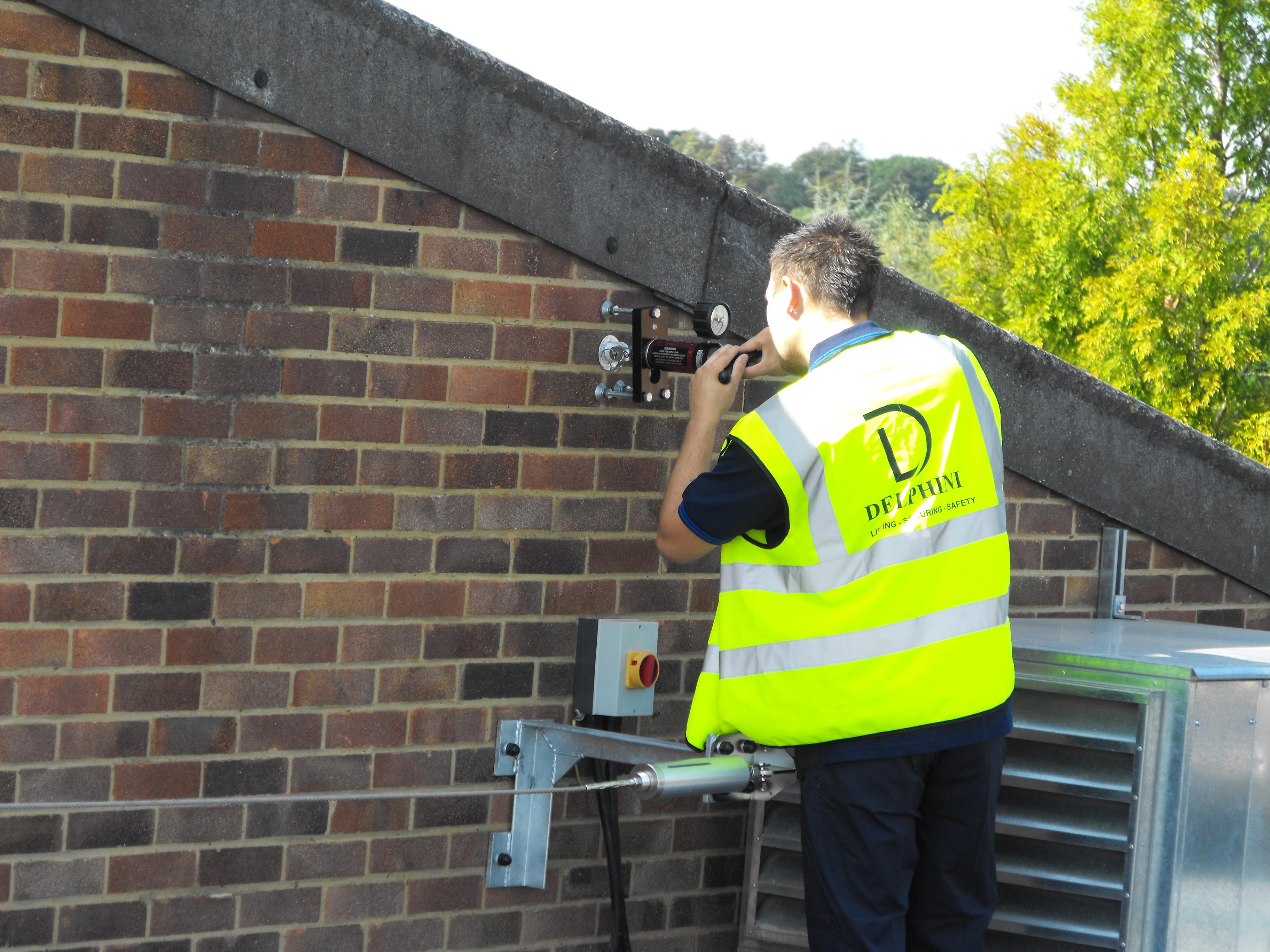Using lifting and safety equipment can often have a high risk of injury, and the cost to business could be significant if something were to go wrong. It is important to ensure that regular examinations and inspections of lifting equipment are undertaken to ensure maintenance is adequate and to verify that the equipment can continue to be safely used.
At Delphini, we take safety seriously.
Lifting equipment inspections must be undertaken on a regular basis, by a person with adequate training, knowledge, skills and expertise. These inspections or thorough examinations are a requirement in UK law under LOLER 1998
It is important to ensure that regular periodic examinations and inspections of lifting equipment are undertaken. This is not only to fulfil your statutory obligation and keep your employees safe but also to ensure maintenance is adequate to avoid costly delays associated with breakdowns and failures.
Under LOLER 1998 accessories for lifting (under the hook equipment such as spreader beams, shackles , slings, eyebolts etc) and lifting equipment for lifting persons must be thorough examined by a competent person, whilst in use at least every 6 months; all other lifting equipment must be thoroughly examined by a competent person at least every 12months.
Link HSE LOLER https://www.hse.gov.uk/work-equipment-machinery/thorough-examinations-lifting-equipment.htm
What is a “competent person”?
LOLER 1998 states:
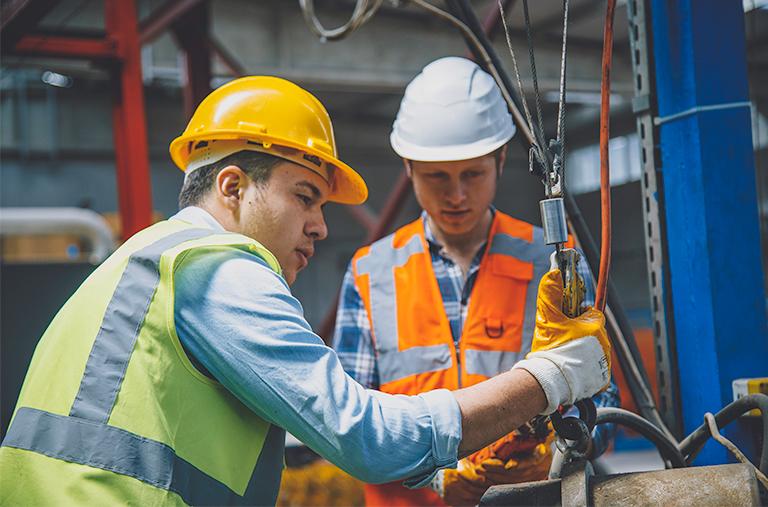
“You should ensure that the person carrying out a thorough examination has such appropriate practical and theoretical knowledge and experience of the lifting equipment to be thoroughly examined as will enable them to detect defects or weaknesses and to assess their importance in relation to the safety and continued use of the lifting equipment."
LEEA Code of Practice for Safe Use of Lifting Equipment (COPSULE) states:
“The term ‘Competent Person’ has long been used in legislation. Current legislation uses it for a variety of duties to describe a person with the necessary practical and theoretical knowledge, experience, training, skill and ability to perform the specific duty to which the requirement refers. There can therefore be several ‘Competent Persons’, each with their own duties and responsibilities, i.e. competent for the purpose. The Competent Person should have the maturity to seek such specialist advice and assistance as may be required to enable them to make necessary judgements and be a sound judge of the extent to which he/she can accept the supporting opinions of other specialists. It is the view of LEEA that competency can be a corporate responsibility”
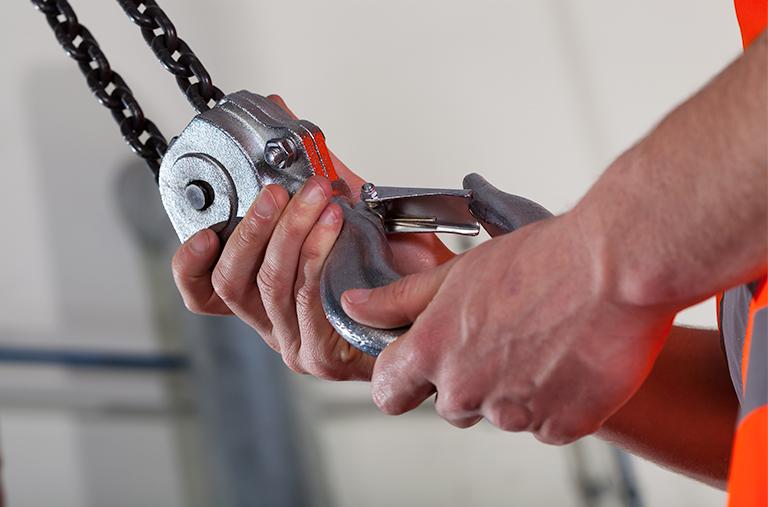
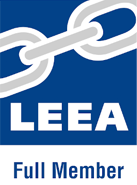
Our examiners and engineers have strong industry reputations as professionals who get the job done. But they are also highly trained, competent technicians who have passed the LEEA Diploma courses and examinations, height safety and installation courses and take part in continuous professional development (CPD) programs. They also have the backing of the Delphini technical department and as full members of LEEA the resources of the LEEA Technical Department.
At Delphini, when we say that we are a family business, we do not just mean that we are family owned, we are proud that is the case, but what we really mean by it is that family comes before business. Not just our Delphini family or the extended Delphini team, but every one of our existing and prospective customers and their family.
When Delphini examiners and engineers visit a job site, our priority is making sure the lifting and safety equipment is safe to use and that everyone using it and working in the area can go home safely to their families. We do not remove slings from service for the sake of it or to sell the customer a new one; we do it to remove the risk of failure. Not just on the day that we are on site, but for every day until the next inspection.
We take the responsibility seriously; everyone should return home safely to their families at the end of every working day.
There are a vast number of defects that are not easily detected by untrained personnel. Even for an experienced lifting examiner, it takes constant refresher training to stay at the sharp end of this specialist field; that is why we are full members of LEEA and our examiners undertake refresher training through the TEAM Card scheme. (link)
If lifting and safety equipment is not examined thoroughly within the prescribed period, the ramifications could be costly and even lead to a fatality. Despite the consequences, lifting equipment inspection can often be overlooked or seen as an unnecessary cost to a client, especially when budgets are tight. In some cases, a user might feel that the costs outweigh the perceived benefits, but that mindset can typically be attributed to poor service or a lack of understanding about the importance of inspection.
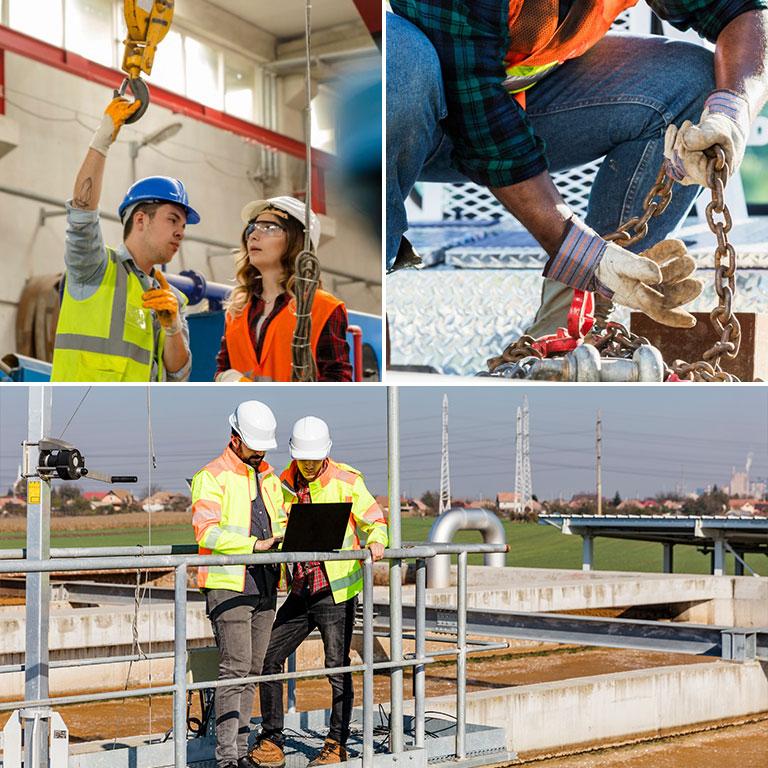
LOLER 1998 refers to competence and competent persons. A competent person will have acquired through training, education and experience, or a combination of these, in addition to the knowledge and skills enabling that person to safely and effectively perform the task required.
Competency is not achieved through simply working around equipment for a long time or applying theories based on experience alone. Lifting equipment users or even those that maintain lifting equipment rarely have access to specialist training and education to know what the safe use criteria are. Whilst “DIY” inspections might seem like a good idea, there are a lot of risks and costs associated with inspecting lifting equipment in-house. Many companies completing their own lifting equipment examinations are not fully aware of the liabilities and potential costs involved or fully considered the position of their employees and their business should something goes wrong.
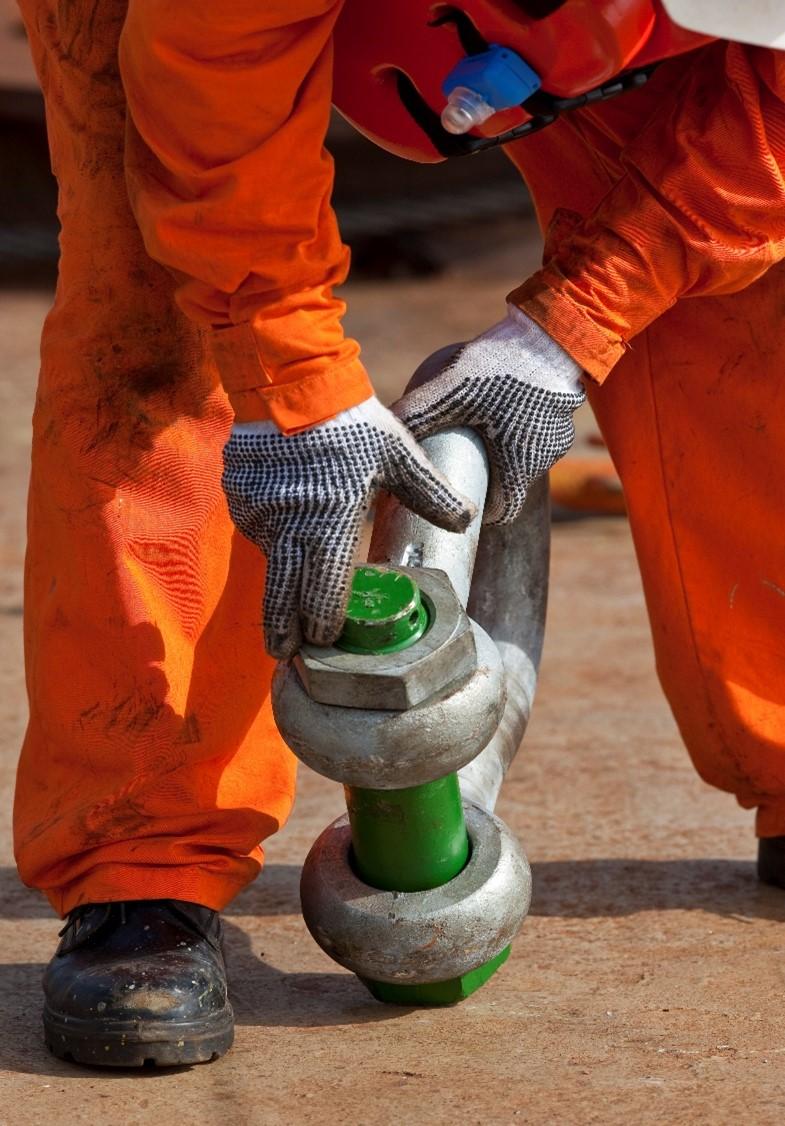
It is a requirement, by law, that those people in control of a building must ensure that safe access is provided to all areas where a person is required to work, including areas where a person may fall.
Current UK standards state that all height safety equipment must be inspected by an accredited company at no more than 6 monthly intervals (equipment for lifting persons such as abseiling, rope access and rescue equipment) and 12 monthly for all installed systems and anchor points.
Suspended access equipment has more stringent requirements that call for quarterly and 6monthly inspection as well as yearly load tests. All of our Safety Engineers and examiners are trained and qualified to carry out all inspection and testing requirements.
